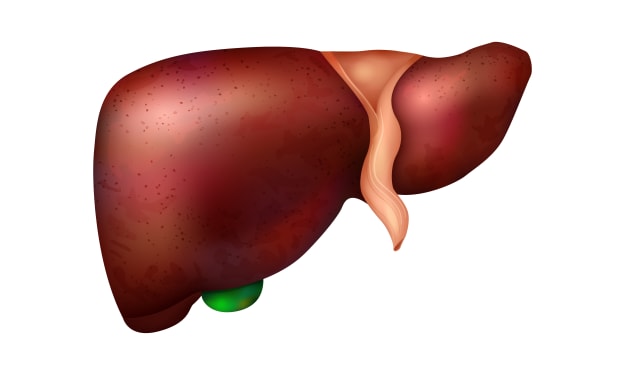Different Types of Kidney Stones: How to Identify and Manage Them
Understanding the Different Types of Kidney Stones for Effective Management and Treatment

Kidney stones are hard deposits that form in the kidneys and can cause severe pain and discomfort. They can vary in size and composition, and understanding the different types of kidney stones is essential for effective management and treatment. In this article, we will explore the various types of kidney stones, how to identify them, and the best available kidney stone treatment .
Types of Kidney Stones
Calcium Oxalate Stones: This is the most common type of kidney stone, accounting for about 80% of cases. These stones form when calcium combines with oxalate in the urine. Foods high in oxalate, such as spinach, beets, and chocolate, can contribute to their formation.
Calcium Phosphate Stones: These stones are also made of calcium but in the form of calcium phosphate. They are less common than calcium oxalate stones and often occur in people with certain metabolic conditions or chronic urinary tract infections.
Uric Acid Stones: Uric acid stones develop when there is an excess of uric acid in the urine. They can form in individuals who have a high-purine diet, suffer from gout, or have certain genetic factors that affect uric acid metabolism.
Struvite Stones: Struvite stones are typically the result of urinary tract infections caused by specific bacteria. These stones can grow quickly and become quite large, potentially causing significant blockages and complications.
Cystine Stones: Cystine stones are rare and occur in individuals with a hereditary disorder called cystinuria. This condition affects the reabsorption of the amino acid cysteine, leading to the formation of cystine stones.
Identifying Kidney Stones
The symptoms of kidney stones may vary depending on the size and location of the stone. Common signs include severe pain in the back or side, blood in the urine, frequent urination, and a persistent urge to urinate. If you experience any of these symptoms, it is essential to seek medical attention for a proper diagnosis.
To identify the type of kidney stone, your doctor may order various tests, including blood tests, urine analyses, and imaging studies such as X-rays or CT scans. These diagnostic tools help determine the stone's composition and size, allowing for appropriate treatment planning.
Best Treatment for Kidney Stone
The treatment for kidney stones depends on several factors, including the stone's size, location, composition, and the severity of symptoms. In many cases, small kidney stones can pass naturally through the urinary tract with proper hydration and pain management. However, larger stones or those causing significant symptoms may require medical intervention. Here are some of the best treatment for kidney stones:
Extracorporeal Shock Wave Lithotripsy (ESWL): This non-invasive procedure uses shock waves to break the stone into smaller pieces, making it easier to pass through the urinary tract.
Ureteroscopy: During this procedure, a thin tube with a camera is inserted through the urethra and bladder to reach the stone. The stone can then be fragmented using a laser or other tools, allowing for its removal or passage.
Percutaneous Nephrolithotomy (PCNL): This surgical procedure is performed for large or complex stones. It involves making a small incision in the back to access the kidney directly and remove or break the stone.
Medications: Depending on the type of stone, medications may be prescribed to help dissolve or prevent the formation of certain kidney stones. For example, thiazide diuretics can be used to reduce calcium excretion and prevent calcium-based stones.
Fluid Intake and Lifestyle Modifications: Increasing fluid intake, especially water, is crucial for preventing the formation of kidney stones. Additionally, dietary changes may be recommended, such as reducing sodium and oxalate intake or adjusting the consumption of certain foods depending on the stone type.
It is important to consult with a healthcare professional to determine the most suitable treatment plan based on individual circumstances and stone characteristics.
Also Read: Kidney Stones and the Environment: Causes, Prevention, and Treatment
Conclusion
Different types of kidney stones require specific management approaches for effective treatment. Identifying the type of kidney stone through diagnostic tests allows healthcare providers to develop personalized treatment plans. With the best treatment options available, including non-invasive procedures, surgical interventions, and lifestyle modifications, individuals with kidney stones can find relief and prevent future stone formation.
If you suspect you have kidney stones or experience symptoms associated with them, consult a medical professional for a comprehensive evaluation and guidance on the best course of action.
About the Creator
RG Hospital
RG Hospital offers unrivaled expertise, state-of-the-art facilities, and personalized care. Trust the best urology hospital in India to deliver world-class care and innovative solutions for all your urological needs.






Comments
There are no comments for this story
Be the first to respond and start the conversation.